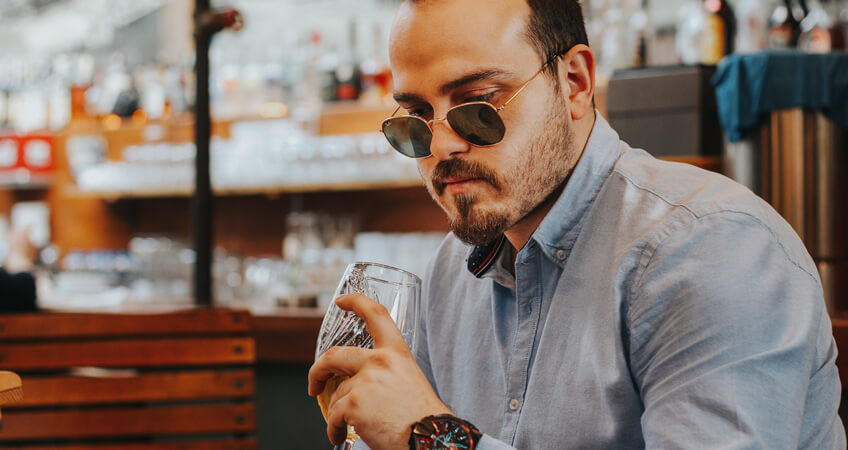By Jose Hernandez
You may have completed a treatment program, finished detox or even have some time in recovery under your belt. You possibly even had a relapse prevention plan in place. However life-long sobriety from alcoholism and addiction is contingent on the daily maintenance of your disease.
It’s easy to get caught up in the joy of living again and become complacent in your program. After all the work of quitting your drug of choice, and preparing yourself for the fight to stay sober, what do you do if you relapse?
Stop drinking or using drugs immediately, if you can.
The sooner you quit, the easier it will be to get and stay sober. It’s easier said than done; getting sober will mean dealing with the shame and guilt of relapse, but the longer you use, the more dependent you’ll become on the drugs and/or alcohol. If you can stop immediately, do so. You may save yourself a trip back to medical detox or treatment.
Call someone you trust.
If you’re working a 12 step program, the first step is to call your sponsor. If you’re not working a 12 step program, reach out to the counselor you worked with during treatment, or call people you’ve met in sobriety. Staying connected to others in recovery is imperative to staying sober and they can be an important resource if you relapse.
Get to a sobriety based meeting.
Get to a 12 step meeting. According to Alcoholics Anonymous, as of January 2016, there are over 100,000 meetings in the US alone. Finding a meeting is as simple as a phone call or a quick search on the internet. If there isn’t a meeting in your area right away, get to a local sobriety or Alano Club, a 12 Step club for those in recovery. These clubs usually offer snacks, coffee and a safe place to wait for the next meeting to start.
Don’t beat yourself up.
It’s not the end of your journey; many people have relapsed and they go on to live long healthy lives in sobriety. The more you shame yourself, the harder it will be to humble yourself and get to a meeting or make that phone call. Just remember; it’s a process. Learning to live sober isn’t easy, especially if most of your life has revolved around drugs or alcohol. You may trip once or twice before you’re able to walk on your own and that’s okay. That’s what your sponsor, or counselors are there for.
Relapsing isn’t the worst thing that can happen, but staying in your lapse can be. As long as you do the work to get regain your sobriety, you can use your experience to walk another alcoholic or addict through a relapse later.
Review the days and weeks prior to taking that first drink or drug.
There were probably signs along the way. Usually a full blown relapse starts in your head days or even weeks before you start using again. Try to review what happened leading up to your relapse. Paying attention to our behavior and tracking our patterns can prevent future slips.
The fellowship in sobriety is enormous and help is everywhere. If you relapse, don’t be discouraged, just keep coming back.

